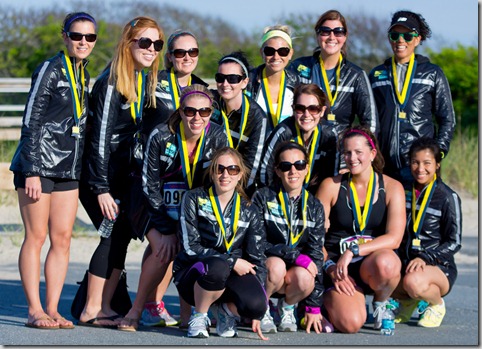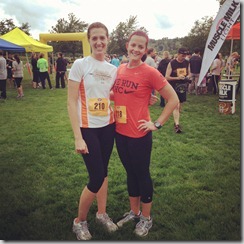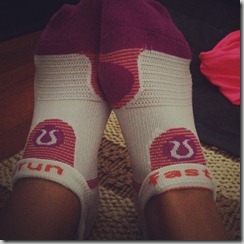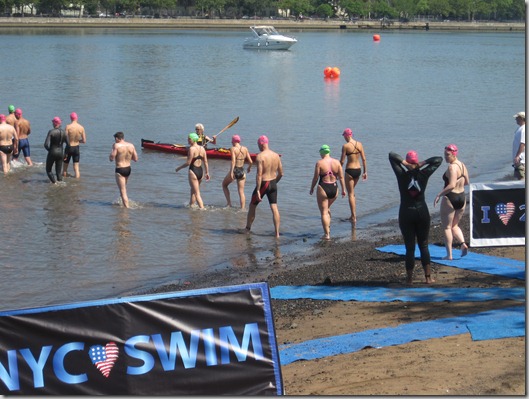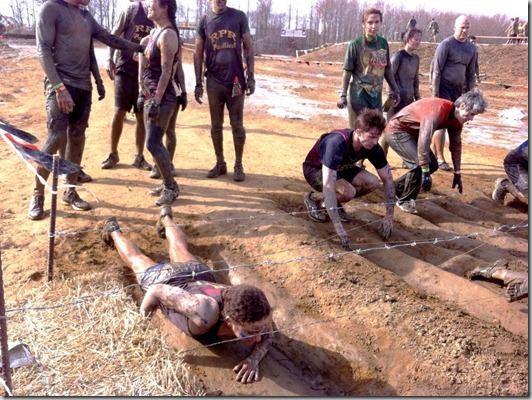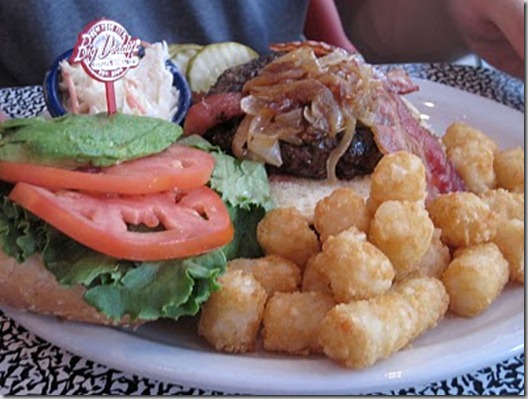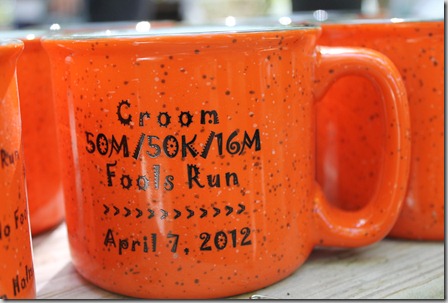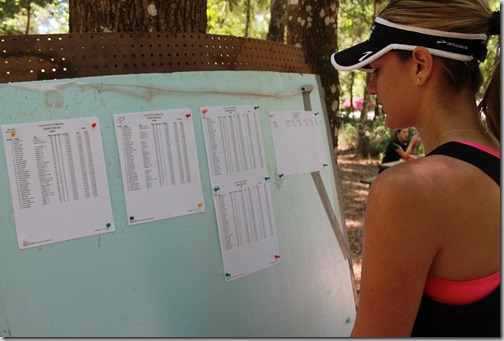After a year of Marathons+Moderation guest posts, I’ve yet to share my tips and tricks. Maybe it’s because I’m still a bit apprehensive to call myself a marathoner as I’ve yet to break 5 hours in the New York City Marathon. Maybe it’s because even though I ran my first race almost 7 years ago I still hesitate before calling myself a runner. Who knew ten years ago that I would spend weekends traveling for different races or look forward to a weekend which includes spending 24 hours in a van with 6 girls and running over 16 miles across 3 legs.
But, when faced with four hours of train travel and no internet connection, I figured I might as well put my time to good use. Just because I haven’t reached my own personal goal yet, doesn’t mean that some of my tips won’t help you reach your goal. Hell, one thing is for sure; I’ve loved training for two New York City marathons (2011 New York City Marathon recap and 2010 New York City Marathon recap) enough that I’ve already signed up to do it again this year.
1. The More the Merrier Training for a marathon is never easy. If you’re a recreational runner, such as myself, you will spend at least 8 hours a week running each week during training, depending on your pace. While some of this time is best used to think and de-stress while you’re alone with the road or treadmill, waking up at the break of dawn to beat the heat is a lot easier with a friend. In fact, it also makes saying no to Friday night plans easier if all your friends are training for marathons too! Find at least one other friend, acquaintance, or even long distance internet pal who you can share stories, stress, build training plans with, and hopefully log miles with each week to help balance training. I’m blessed to live in New York City where it seems over half of my reader and blogger friends are training for marathons this year. There is nothing better than a group long run followed by brunch on a Saturday morning! Now if I only I can convince Athleta or Lululemon to move their long runs from Sunday to Saturday the world will be even better! If you live in NYC, three of my favorite running bloggers (Laura, Gia, and Jess) lead run clubs in the city each week! While I’ve been traveling this week I’ve enjoyed runs through Seattle and Portland with friends and co-workers!
2. Use your resources The internet is filled with helpful sites and people ready and willing to offer you training tips and even training plans for your first or fortieth marathon. Take advantage of these resources, especially when they are free. Having a plan of attack will help you achieve your goal and ensure you are training efficiently and properly. As many of you all know, I’m thinking about this year’s marathon as third times a charm as the past two years of training have featured training plans that were less than perfect.
- Run, run, run: The first year all I did was focus on running and logging the miles. Since it was my first marathon there was very little stress and lots of PDR celebrations as every long run was a new record!
- Cross train to the max: The second year I knew all about the importance of cross training but did a little too much. I was spending more time with my trainer and in fun, new workout classes than I was logging miles.
3. Twenties lead to trust If you’re body can handle the stress of a twenty mile run, I suggest you run at least two in “ideal” circumstances. Logging distance of 20 or more miles before the marathon will not only prepare your legs, lungs, and core physically but it will help prepare your mind. Running a marathon whether you are a 3:08 or a 5:08 runner is a very mental game. Last year due to an abundance of travel, I never logged a quality 20 miler where I felt rested, prepared and properly fueled. The year before, I ran 1 20 miler which included bridges and part of the NYC Marathon course. This left me feeling stronger than I did the following year when I didn’t have the trust in my training or body to stay strong when the going got tough. This year I’ve already ear-marked two weekends as hopeful “no travel” weekends so I can dedicate these two 20 mile training runs. My goal for these 20 mile runs is to include as much as the course as possible, which is a luxury since I am running a local marathon. If you’re running an out of town marathon, do your best to study the course and understand during which miles the toughest obstacles come whether that is hills, bridges, or steep decline. Do your best to map a run which will allow you to run a bridge around mile 24 if you know your marathon ends with a bridge.
4. Practice makes perfect This may be common sense but treat your training runs, especially the long runs, just like the race. Use the night before each week to figure out which pre-run fuel works best. If you find that coffee before a run works well one time, try to have it each week, along with the same pre-run food. Focus on running steady and constant, minimizing stops for pictures, to say hello to random friends you run into, or breaking up the mileage. If your goal for the marathon is to run without stopping, that should be your goal for a long run. In the same vein, if your goal is to keep a 10:10 pace, then make sure you put together a plan that trains you at that speed for your long runs. Your legs and body need to be accustomed to running at your marathon pace.
5. Treat your body well Logging 30-60 miles each week is tough on your body. It isn’t something that its accustomed to unless you run marathons each month, like my lovely friend Laura. Therefore, it’s important to treat your body well and thank it for the hard work. Spend more time foam rolling, soaking in Epsom salts, fueling your body with healthy food, sleeping, and drinking plenty of water during this time of year. I am also a huge advocate of investing in massages, pedicures and preventative physical therapy sessions to make sure everything continues ticking

